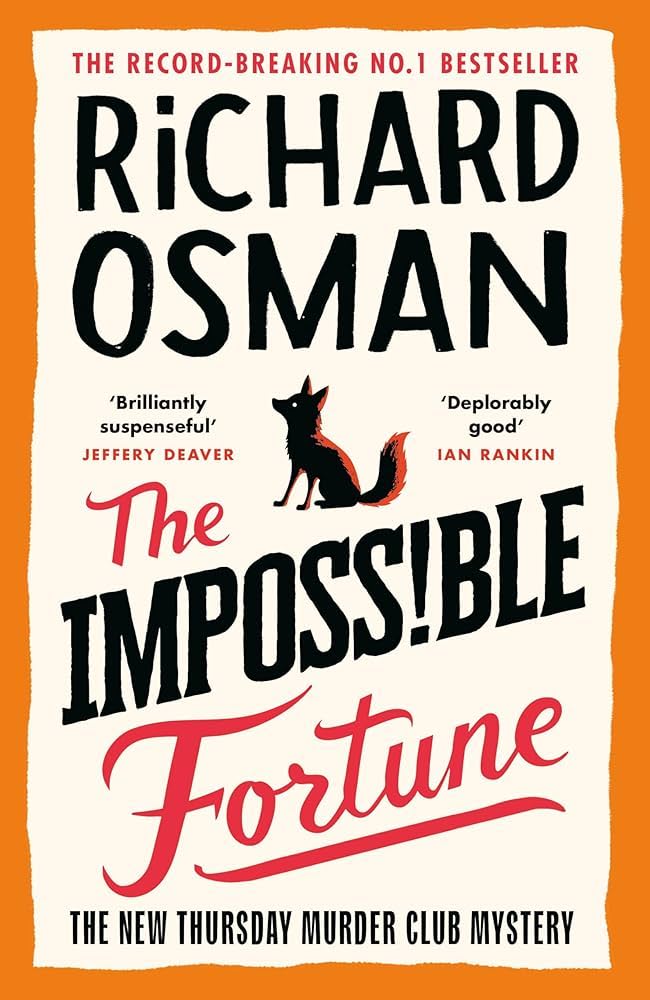bgainor quoted Enshittification by Cory Doctorow
Big Tech’s regulatory capture means that we have arrived at a juncture where copyright affords few rights to creators who make new works, and substantially more rights to a store whose sole contribution to those works is hosting a file server and payment processor that allows the public to buy the works, which gives Amazon not only a 30 percent cut of the purchase price but also the perpetual, legally enforceable right to veto the creators in their relations with the audience making those purchases.
— Enshittification by Cory Doctorow, Cory Doctorow (Page 150)











